A groundbreaking case study reveals a high school student with hyperthymesia — the extraordinary ability to recall nearly every day of their life in vivid detail.

A recent paper published in a behavioral sciences journal has brought renewed attention to one of the rarest cognitive conditions known to neuroscience: hyperthymesia, or Highly Superior Autobiographical Memory (HSAM). The study centers on a high school student whose ability to recall personal life events with astonishing precision has left researchers intrigued and eager to learn more about how memory works in the human brain.
Hyperthymesia, derived from the Greek words for "excessive remembering," is an extremely rare condition in which individuals can recall nearly every day of their lives in extraordinary detail. This isn’t just about remembering important milestones like birthdays or graduations — people with HSAM can often recall what they wore, what they ate, or even the weather on any given date from childhood onward.
Unlike individuals with exceptional memory due to training (such as memory champions who use mnemonic techniques), those with hyperthymesia do not rely on learned strategies. Their recall is spontaneous and automatic, almost like a mental calendar that never forgets.
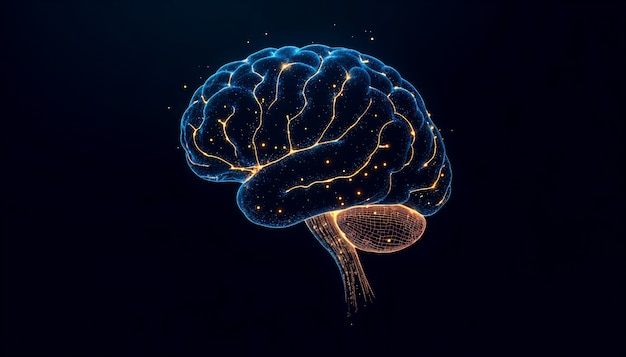
The subject of the new study, a high school student, demonstrated the ability to accurately recall events from as far back as early childhood. When tested, the student could identify specific dates, days of the week, and even mundane details such as what they had for lunch or which TV show they watched on a random Tuesday over a decade ago.
Researchers conducted a series of memory tests over several months, asking the student to recall personal experiences, verify them with diary entries or family records, and distinguish real memories from imagined ones. The accuracy rate was exceptionally high, meeting the strict criteria for HSAM.
Since the first documented case in the early 2000s, fewer than 100 individuals worldwide have been confirmed to have hyperthymesia. It remains one of the most mysterious and least understood cognitive phenomena. Most identified cases are adults, making the discovery of a teenager with the condition particularly significant.
The fact that this ability emerges in adolescence suggests that the neural mechanisms supporting HSAM may develop during critical periods of brain maturation. Scientists are now exploring whether early signs of the condition can be detected in younger children, which could open new pathways for understanding memory formation.
Neuroimaging studies of individuals with hyperthymesia have shown structural differences in brain regions associated with autobiographical memory, particularly the prefrontal cortex, hippocampus, and temporal lobes. These areas are involved in memory encoding, retrieval, and self-referential thinking.
Interestingly, people with HSAM do not typically outperform others on standard memory tests, such as recalling lists of words or numbers. Their exceptional ability is highly specific to personal life events. This suggests that hyperthymesia is not a general enhancement of memory but rather a unique form of autobiographical recollection.
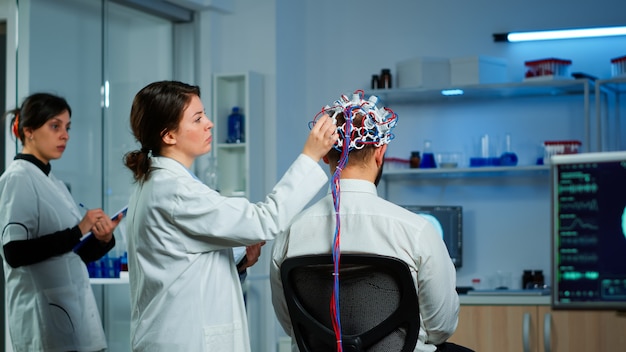
While the ability to remember every detail of one’s life might sound like a gift, it can also come with emotional challenges. Some individuals with HSAM report difficulty letting go of painful memories, as they are recalled with the same intensity as when they first occurred.
In the case of the high school student, researchers noted that while the memory ability did not interfere with daily functioning, it sometimes led to overthinking or rumination. However, the student also reported advantages, such as excelling in history and literature, where contextual and narrative memory plays a key role.
This case adds valuable insight into how memory systems develop and function. By studying individuals with HSAM, scientists hope to uncover new ways to support memory in people with cognitive impairments, such as those caused by aging, trauma, or neurodegenerative diseases like Alzheimer’s.
Moreover, understanding the neural basis of hyperthymesia could lead to non-invasive techniques for enhancing memory in the general population, though ethical considerations would need to be carefully addressed.
The discovery of a teenager with hyperthymesia underscores the importance of continued research into rare cognitive conditions. As neuroimaging and genetic tools become more advanced, scientists may soon be able to identify the biological and environmental factors that contribute to HSAM.
For now, this remarkable case serves as a reminder of the brain’s incredible complexity — and the many mysteries that still await discovery.

Health

Health

Health

Health

Health

Health
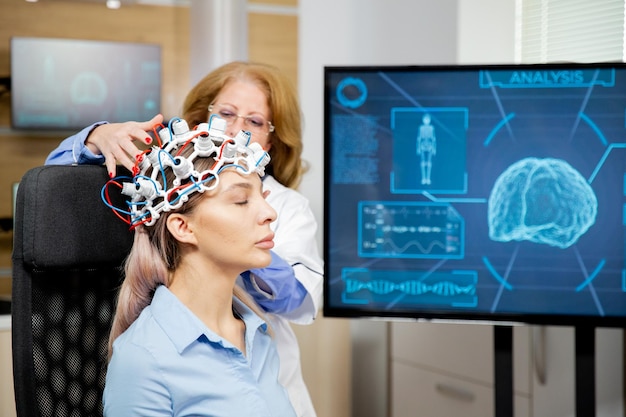
Health
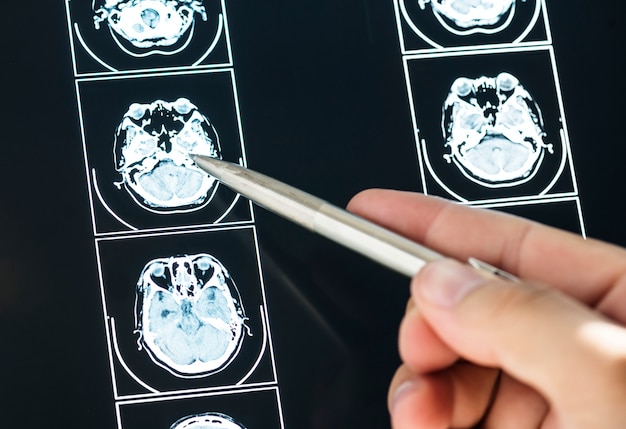
Health
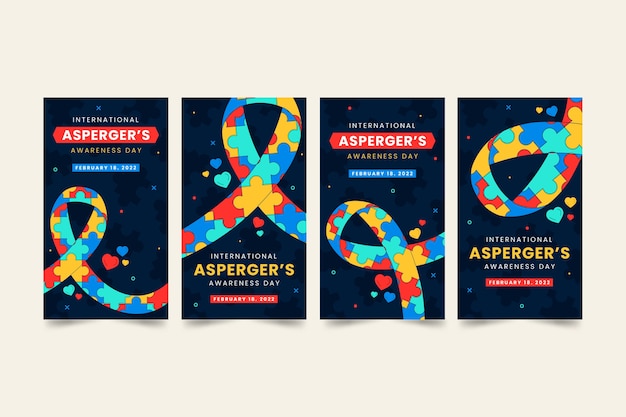
Health
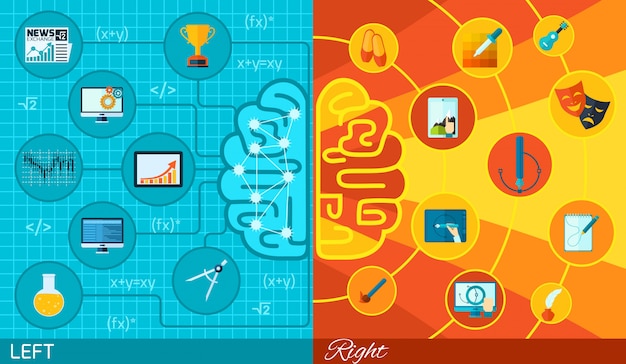
Health

Health

Fitness

Health

Health